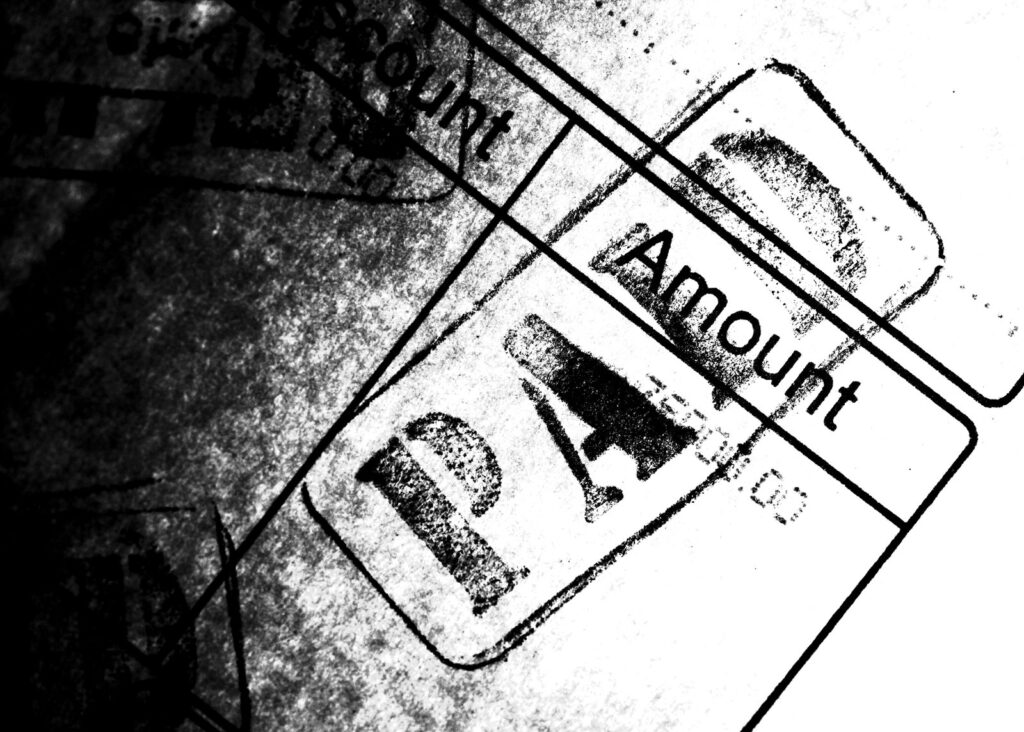Accounts Receivable Financing (also known as factoring) involves selling a company’s outstanding receivables to a third party factoring company for cash. With this type of financing, the third party owns the accounts receivable current asset and the right to collect on the invoices but also takes over the risk associated with customer non-payment. Unlike other financing options where invoices are used as collateral for a loan, factoring is not considered a loan but a selling of an asset. Factoring can be a good source of funding when there are short-term cash flow needs and a large amount of product which has been sold, but the money has not been collected. In many cases this includes “turnaround” firms or rapid growth firms. An added advantage of this type of financing is that the financing decisions rely on the creditworthiness of the debtors, rather than the person credit of the company owner. This makes factoring a good alternative for companies which lack the credit needed to secure other types of financing.
The resulting cost of financing in this case can be expensive as third party companies typically ask for a percentage of the value of the outstanding invoiced based on total amount and average due date.
Fees charged by factoring companies often amount to paying a much higher rate than other more standard forms of financing, but can be good option if a company has exhausted other potential funding avenues and needs cash quickly or has significant variation in cash flow throughout the year. Factoring is also often used by companies in which cash on hand to invest in the growth of their company significantly outweighs the cost associated with fees and discounts from factoring. In some cases, the invoices are paid on an advance of 70-85% of the original purchase price paid out immediately. The remainder, after the deduction of the factor company’s negotiated fee, is paid at the time the company successfully collects on the invoice.
Factoring in Exporting
Factoring is also often seen in the export market, where companies shipping products overseas look to sell their receivable to a factoring company who in turn mitigates the risk associated with non-payment, helps assess creditworthiness of the international buyer, and establishes lines of credit. This also eliminates the need for letters of credit for international transactions.


